Our youth need to learn about the Reconstruction era Black leaders that helped define Savannah
As students in Chatham County enter another year of the educational journey, I found it beneficial to pause and honor local Blacks who made significant contributions to our city during the 12 years of Reconstruction.
That was a time of tremendous struggle.
Following Emancipation, the white power structure did not welcome freed Blacks with open arms. Yet, in spite of tremendous obstacles, Blacks in Savannah made significant strides in our city. Test your knowledge — did you know…..?
Recent Dr. Bryant column: Black youth are thriving in Savannah: Here are 8 young people leading the way.
Other Bryant columns: We need to stop 'polaroiding' our Black youth with records. Let's give them a path to dream
Juneteenth celebration: This year, observe Juneteenth as a reminder that the living have a responsibility to keep living
In 1870, 66 Blacks operated 27 different kinds of businesses in Savannah. Ten years later, in 1880, 253 Blacks operated 41 different types of businesses; some of them being small manufacturing companies.

One of those businesses was The Savannah Tribune that was started with three Black businessmen — John H. Deveaux, Louis B. Toomer Sr., and Louis M. Pleasant. They published the first issue in 1875 and called it the Colored Tribune.
The name-change to Savannah Tribune occurred one year later in 1876.
Maxine L. Bryant: Learn from U.S. history — the Black vote matters. So show up at the polls in May.
In 1890, Sol C. Johnson (name sound familiar?) became the editor and manager of the weekly newspaper that focused on the Black community. It is one of the longest-running African-American newspapers in the South. Providing relevant news to the Black population in Savannah was most definitely a necessary business.
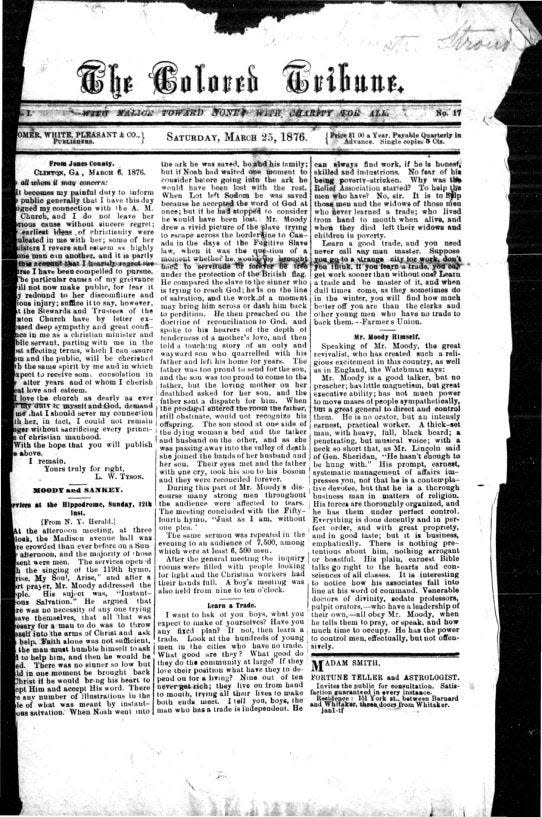
Another necessary business entailed burying deceased Black people. At that time, white owners of funeral homes did not desire to service Black families. So, another one of those 41 businesses was a funeral home.
In 1878, William Royall became the first Black person to own a mortuary in Savannah. It is apparent that Savannah Black businesses in the late 1800s made significant economic contributions to our city in terms of jobs, taxes, revenue, etc. Blacks were property owners then also.
Recent housing news: Port Wentworth's rural Black communities under constant threat from development, city neglect
Also: Savannah rent prices are sky high. In visit to Garden City, Warnock champions Senate bill
In fact, Blacks in Savannah owned more than $400,000 in property in 1870. $400,000 may not seem like much today. However, it was a lot back then. In today’s market, those dollars equal $9,405,587.30.
How about that for wealth building in the Black community?
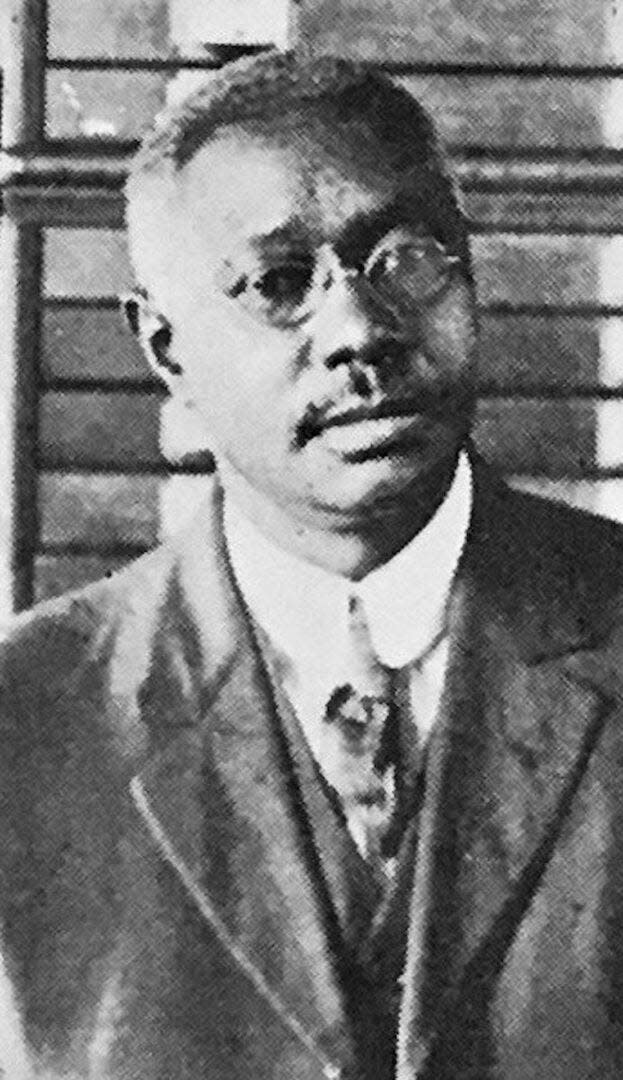
It has long been recognized that family stability creates stable community. I grew up hearing that the Black family was in dire straits because of the absence of the Black male.
In fact, in 1965, Patrick Moynihan published “The Moynihan Report: The Negro Family, The Case for National Action.” This report focused on the impact of the demise of the Black family. Moynihan wrote, “At the heart of the deterioration of the fabric of Negro society is the deterioration of the Negro family.”
Maxine L. Bryant: We must continue the lead of others and teach Africa's Story to those in Savannah and beyond
While Moynihan presented true facts, it is also true that not all Black families have always been in disarray. In 1880, 75% of Black families in Savannah were headed by males, many of their wives were stay-at-home moms, and they lived in one-family dwellings.
Thus, Black families contributed to the community stability of Savannah at that time.

During the late 1880s, Black people in Savannah made their marks in the political arena, as well. Among them are Aaron Bradley, a fiery, passionate orator who was despised by many whites of that era. Bradley escaped slavery in Georgia when he was 19 and went North. Later, he studied law and became a lawyer.
In 1865, he returned to Savannah and began urging Blacks to seize abandoned plantations. He organized Blacks in Chatham County into political cadres and labor unions, was often found at political rallies with armed escorts, led riots against white citizens and police, and was probably arrested more than any other politician in the 19th century.
Women's History Month: Patt Gunn latest in line of history-making Black Savannah women
His audacity won the support of Blacks in Savannah, and they elected him as a senator in the Georgia legislature in 1868. A transplant to Savannah, Henry McNeal Turner joined Bradley and others in the fight for equal justice, access to the ballot box, fair wages, and integrated transportation starting in 1872.
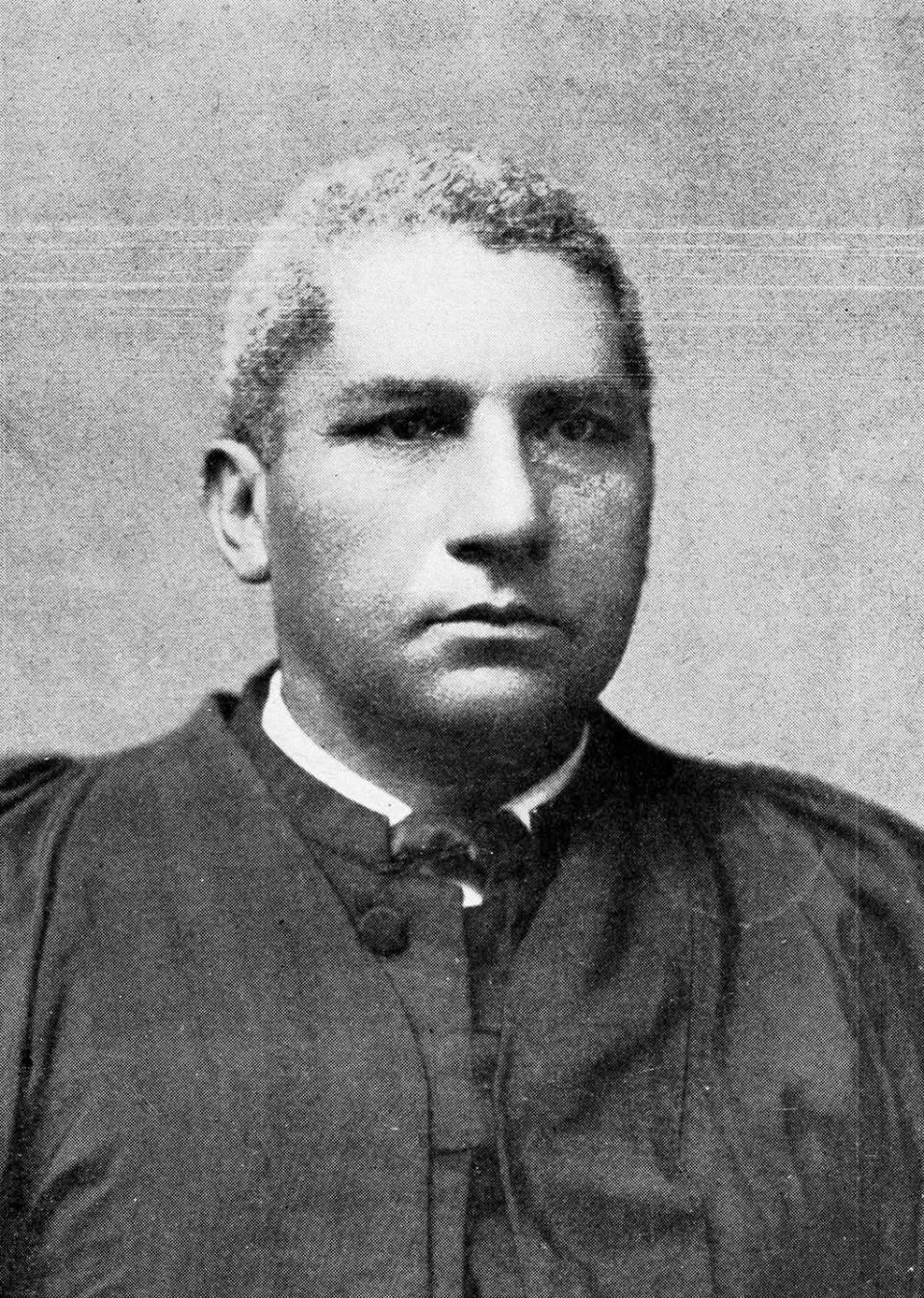
The Reconstruction Era did not produce 40 acres (nor the mule that was added later). However, in spite of broken promises, racial barriers, uphill battles towards success, Blacks in Savannah created successful businesses and made valuable contributions to the infrastructure of the city.
They refused to be held down, pushed down, oppressed, or depressed by the situation. Instead, they were emboldened to forward move to make a difference for themselves and for their offspring.
'It's keeping the truth': Savannah residents on how we can celebrate Juneteenth authentically
Exclusive: Amiri Farris wants to make his art accessible with downloadable Juneteenth print
Those are characteristics that our young can learn from real life Savannahians. They can learn to push through despite of challenges, to hold their head up high instead of allowing society to push them down.
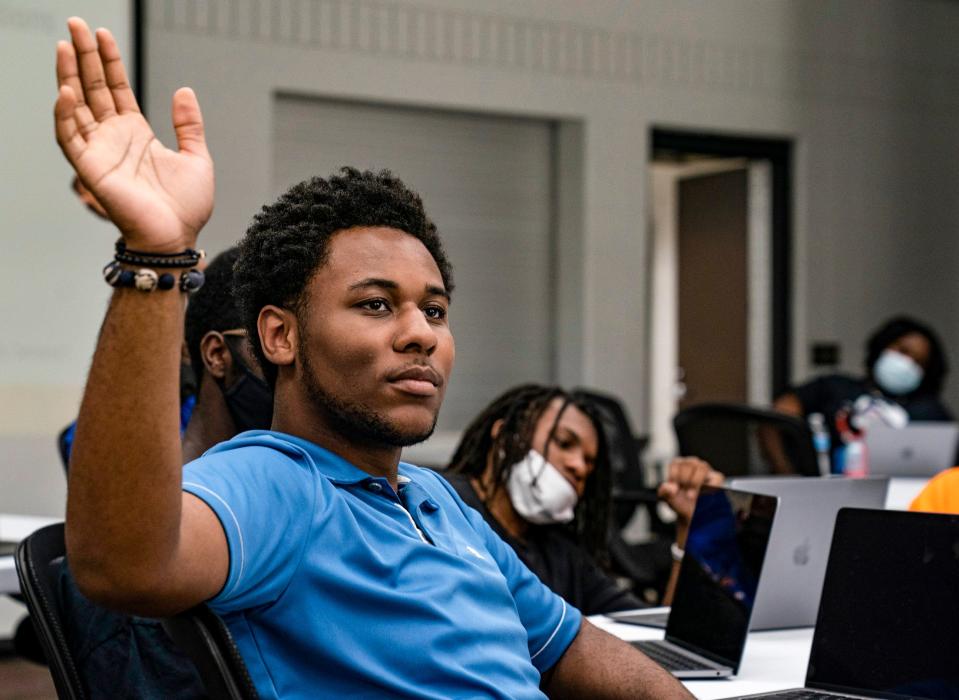
Well, how did you do? How much of what’s been shared in this column did you know?
Knowledge is a powerful game changer. Facts like these should be included in our elementary school curriculum because this kind of information begins to equalize history for our youth.
George Bernard Shaw is quoted as saying, “Beware of false knowledge; it is more dangerous than ignorance.” When false knowledge is presented as truth, the result can be vacant esteem for Black children and the perpetuation of a sense of superiority for white children.
Also: Passing 100 years, Frank Callen Boys & Girls Club seeks to expand change in Chatham youth
Children are not born with racial bias. That is learned from parents, from educational institutions and from society. If accurate knowledge of Black people in the U.S. were told in pre-school and elementary school, young Black youth could gain a sense of pride in their heritage and young white youth could learn to value and appreciate Black contributions to society.
Might this be a component to turning around the Black-on-Black murder rate among our young Black males in Savannah?
This week, students in my class learned about the contributions of Blacks to the world.
Take a look: Bravery of 11 students who participated in 1960 Tybee wade-ins commemorated with historic marker
Here’s a quote from one of my students, “I learned so much and have an even greater respect for my people now?” If one week of accurate information can make an impact, think about the impact truth can have if integrated throughout the academic school year.
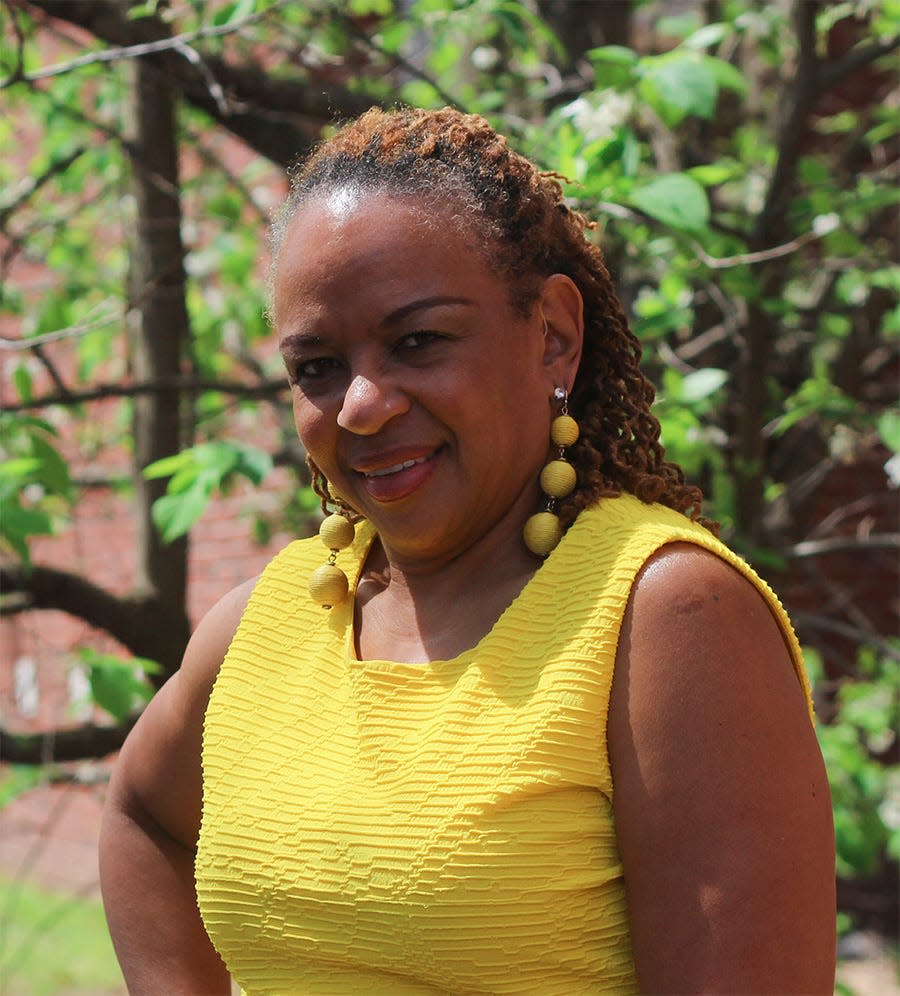
We are all educators and learners. In the words of Koffi Annan, a Ghanaian diplomat and co-recipient of the 2001 Nobel Peace Prize: “Knowledge is power. Information is liberating. Education is the premise of progress, in every society, in every family.”
In my own words, “Accurate education matters.” Let’s educate and let’s learn.
Maxine L. Bryant, Ph.D., is a contributing lifestyles columnist. She is an assistant professor, Department of Criminal Justice & Criminology; director, Center for Africana Studies, and director, Gullah Geechee Cultural Heritage Center at Georgia Southern University, Armstrong Campus.
Contact her at 912-344-3602 or email dr.maxinebryant@gmail.com. See more columns by her at SavannahNow.com/lifestyle/.
This article originally appeared on Savannah Morning News: Savannah Georgia history: Leaders during Reconstruction era

